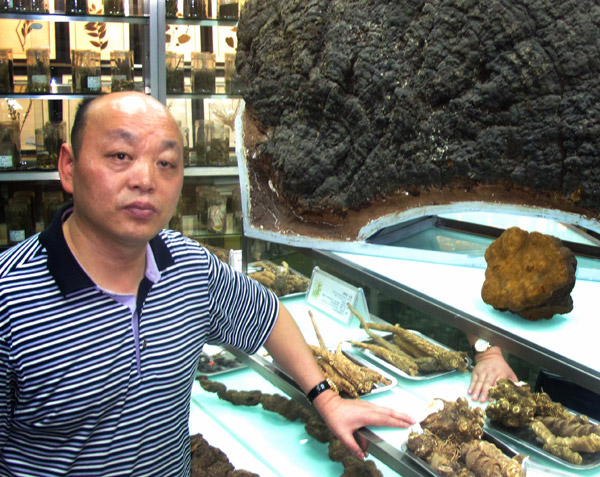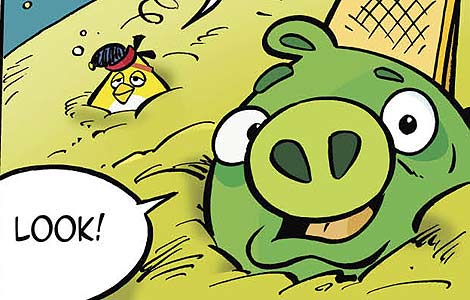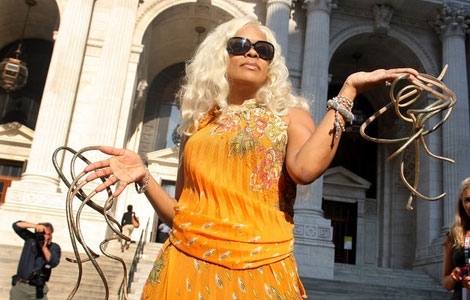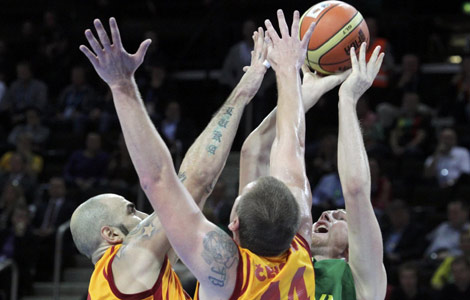Doctor is out collecting herbs
Updated: 2011-09-16 07:02
By Erik Nilsson (China Daily)
|
|||||||||||
CHENGDU - Gathering herbs for traditional Chinese medicine nearly cost Long Xingchao his life.
 |
|
Long Xingchao is a practitioner of traditional Chinese medicine. [Photo/China Daily] |
As he and the other passengers in a truck hurtled toward the water after a bridge collapsed, the Sichuan businessman only had one thought: "How many people are going to die today?"
The answer, fortunately, was nobody. But his friend's leg bones broke through the skin and his calf muscle flopped out when they slammed into the river.
"My friend was sinking and couldn't move," said Long Xingchao. "I dove deeper to grab him and hauled him to shore."
After saving his companion's life, Long spent the next month sleeping on the floor of the clinic in Heilong village while his friend's leg healed.
"The conditions were horrible, but the doctor was great," Long said.
Through treatment with traditional Chinese medicine, his friend was up and around again much sooner than expected.
"That's the magic of traditional Chinese medicine."
The 42-year-old claims to have amassed the world's largest collection of traditional Chinese medicinal herbs.
About 6,000 of the samples he gathered personally, facing venomous snakes and even landslides.
He recalled driving past a mountain in Gansu province in 2009 only to look back and see a landslide bury 10 villagers.
"It whooshed down on them," he said.
"If we'd been driving just a bit slower, we would have been buried."
But Long said he was not afraid.
"If I've come as a soldier, I'm not afraid of fighting the war," he said.
"It's useless to fear danger, because it's always around. What's most important is doing what you live for. If you think about danger, you can't do anything. The most dangerous places are where I most want to go. I want to see everything I haven't and understand it."
Long's peers marvel at how he seems oblivious to deadly serpents.
"I'm too busy scouring for herbs," Long said. "Snakes only bite if you step on them."
The deputy dean of China Association of Traditional Chinese Medicine's information department, Jiang Erguo, recalled Long returning after a two-day expedition in Gansu having eaten only a couple of walnuts.
"He's comfortable no matter what when collecting herbs," Jiang said.
Long's collection includes a fossilized dinosaur jawbone, 300-year-old tetrandra roots used to dispel dampness and stop pain, luxingcao which resemble deer hearts and nourish the kidneys and spleen, and the world's biggest lingzi, a type of shelf mushroom, which weighs more than 100 kg and is worth more than 400,000 yuan ($62,600).
"Looking at this display, you can see traditional Chinese medicine is comprehensive," Long said.
His herbarium also showcases more than 5,000 photographs of medicinal flora, and the back wall is covered with hundreds of books - his Varieties Records - which he has written over the past 22 years on changes in traditional Chinese medicine, mostly in pricing.
Wan Deguang, former dean of the Chengdu University of Traditional Chinese Medicine, called the books "unique and of utmost value".
Long also founded a digital information center for traditional Chinese medicine in 2006, and his Web network today employs more than 400 people in 300 branches nationwide.
"Prices vary from place to place, day to day. Our goal is to stabilize them," he said.
Popularizing traditional Chinese medicine is his life's mission.
"Western medicine is like math. Chinese medicine is like philosophy," said Long, who speaks metaphorically most of the time.
He is impassioned by a belief traditional Chinese medicine has a special function in globalization.
"There is a global division of labor," Long said. "One of China's roles is to be the doctor to keep the world healthy with its traditional medicine."
Li Yu contributed to this story.
Hot Topics
Organ transplant bonds mother and son
Editor's Picks

|

|

|

|

|

|






